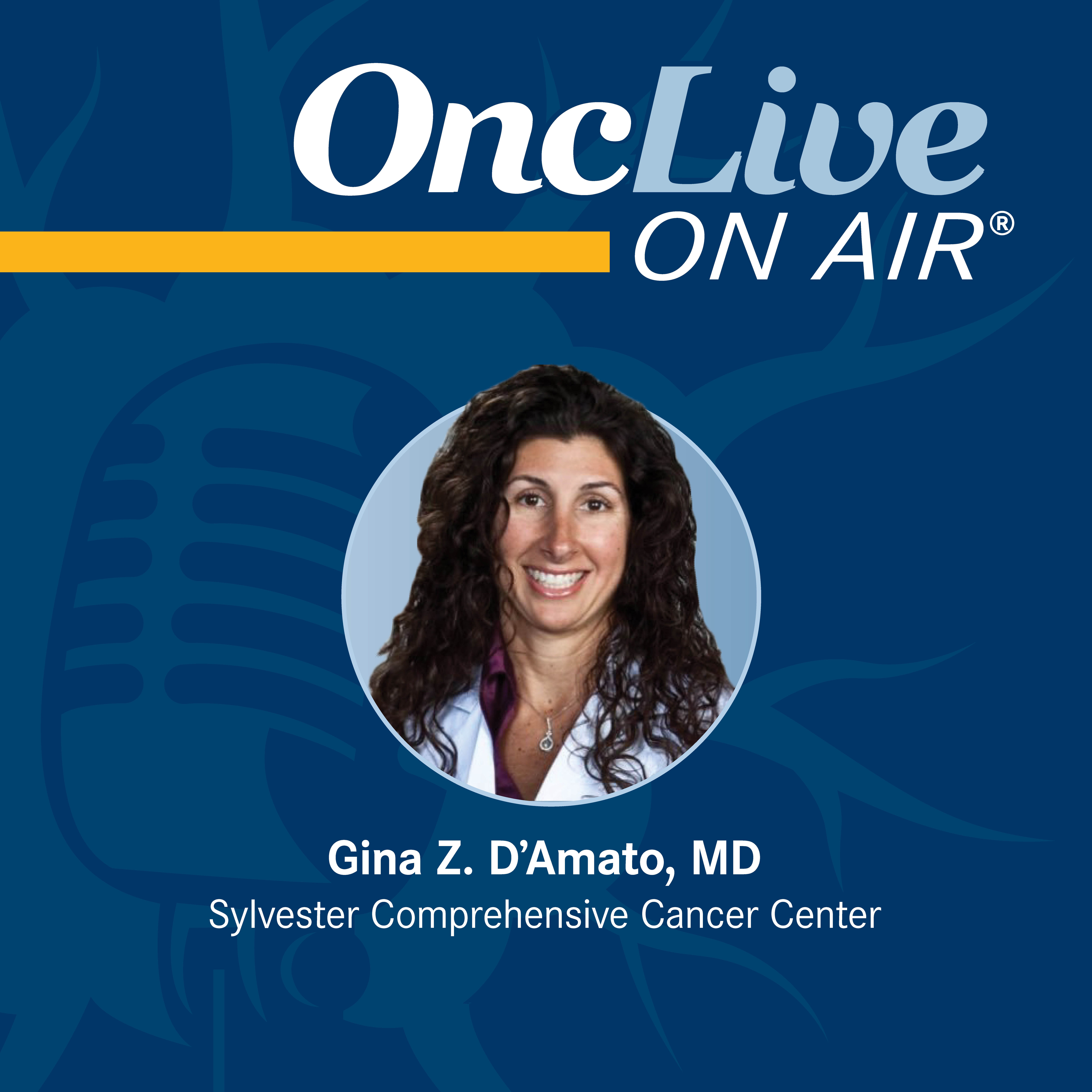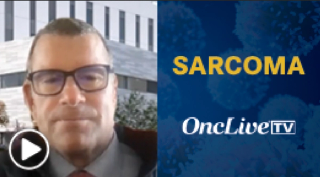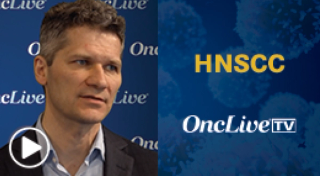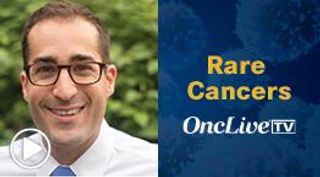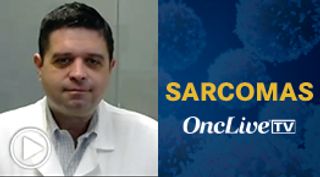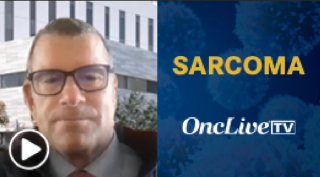
Sarcomas
Latest News
Latest Videos

CME Content
More News

R. Lor Randall, MD, FACS, discusses the outcomes of combining surgery and pexidartinib in patients with tenosynovial giant cell tumors, what investigators still need to learn about sequencing the CSF1R inhibitor around surgery, and what the combination approach could mean for patients with TGCT.

INT230-6 demonstrated direct tumor killing in soft tissue sarcoma and elicits an anti-cancer immune response within the injected tumor both alone and in combination with ipilimumab.
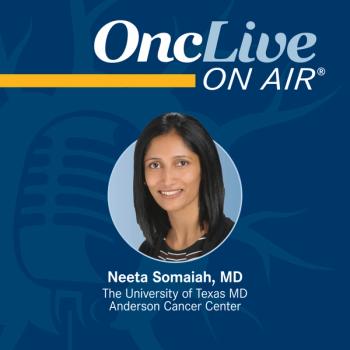
Dr Somaiah discusses the excitement surrounding novel agents such as CSF1R inhibitors and ULK1/2 inhibitors, and the utility of broad spectrum TKIs such as ripretinib.
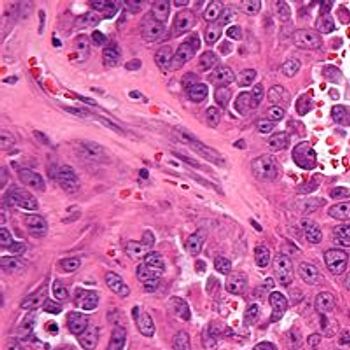
Moderately hypofractionated preoperative radiotherapy did not increase risk for major wound complication in patients with soft tissue sarcomas, according to findings from the single-arm, phase 2 trial HYPORT-STS.

Robert Lawrence Randall, MD, FACS, discussed the role of biological reconstructions as well as factors that determine whether a patient would benefit more from the reconstructions or traditional prosthetics known as endoprosthetics.

R. Lor Randall, MD, FACS, discusses the significance of addition of surgery to radiation therapy led to improved local control compared with radiation therapy alone in patients with localized pelvic Ewing Sarcoma.

The FDA has approved atezolizumab (Tecentriq) for adult and pediatric patients aged 2 years and older with unresectable or metastatic alveolar soft part sarcoma.
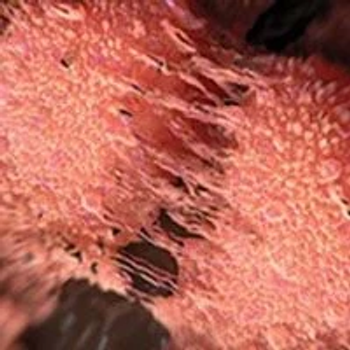
Afamitresgene autoleucel, a novel T-cell therapy, produced good clinical response lasting more than 4 years in patients with advanced synovial sarcoma or myxoid/round cell liposarcoma.
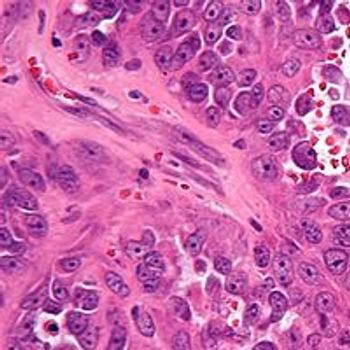
Camsirubicin in combination with pegfilgrastim produced encouraging clinical activity and safety in patients with advanced soft tissue sarcoma.
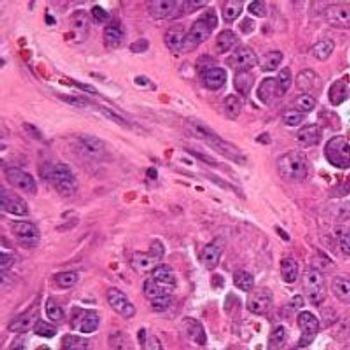
Salarius Pharmaceuticals has voluntarily paused enrollment of new patients into a phase 1/2 trial investigating seclidemstat in patients with Ewing sarcoma, sarcomas with FET-family translocations, and myxoid liposarcoma due to the death of a patient.

Lutetium-177-FAP-2286 produced preliminary evidence of antitumor activity with a manageable safety profile in patients with advanced or metastatic solid tumors, according to data from the phase 1/2 LuMIERE trial.

R. Lor Randall, MD, FACS, discusses the poor prognosis associated with recurrent pulmonary osteosarcoma, the data from the AOST1421 trial of dinutuxumab plus granulocyte-macrophage colony-stimulating factor, and the need for expanded treatment options in osteosarcoma.

R. Lor Randall, MD, FACS, discusses how disparities may lead to worse outcomes for patients diagnosed with head and neck cutaneous soft tissue sarcomas.
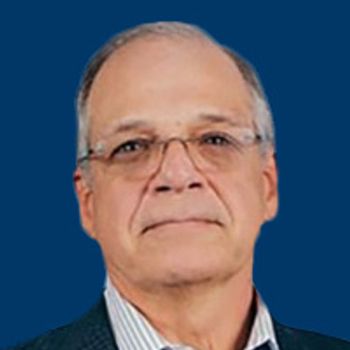
An independent data monitoring committee has recommended that the phase 2 ENVASARC trial examining envafolimab with and without ipilimumab in patients with undifferentiated pleomorphic sarcoma and myxofibrosarcoma continue as planned.

The FDA has granted a fast track designation to AL102 for the treatment of patients with progressing desmoid tumors.
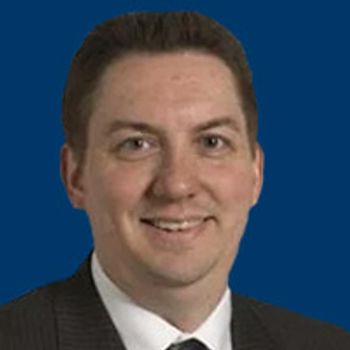
Desmoid tumors, also known as aggressive fibromatosis, share some characteristics with cancers, specifically unchecked cell growth. However, it is not accurate to call them a cancer.
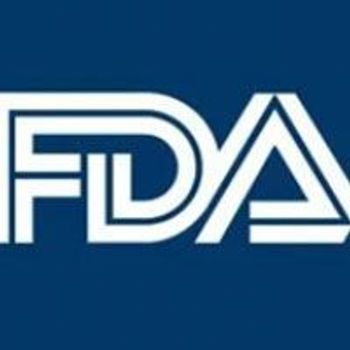
The FDA has granted a fast track designation to envafolimab for the treatment of patients with locally advanced, unresectable, or metastatic undifferentiated pleomorphic sarcoma and myxofibrosarcoma who have progressed on 1 or 2 prior lines of chemotherapy.

The FDA has granted an orphan drug designation to DUNP19 for the treatment of osteosarcoma.

Nirogacestat led to a 71% reduction in the risk of disease progression or death compared with placebo in patients with progressive desmoid tumors.

The FDA has granted an orphan drug designation to AVA6000, a modified form of doxorubicin, for the treatment of patients with soft tissue sarcoma.
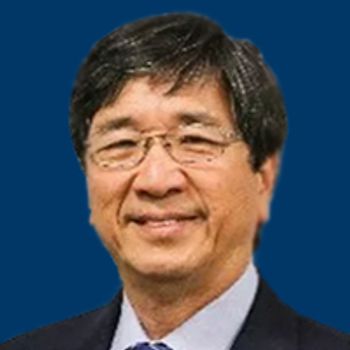
The FDA has granted fast track designation to AMB-05X for the treatment of patients with tenosynovial giant cell tumors.

R. Lor Randall, MD, FACS, discusses the findings from a subset analysis of the PARITY trial on the timing of neoadjuvant chemotherapy in patients with lower-extremity sarcomas.

Amputation is an independent predictor of poor outcomes among patients with high-grade bone sarcoma of lower extremity, and non-private insurance was found to be linked with increased likelihood of amputation and an advanced stage at presentation in this patient population.
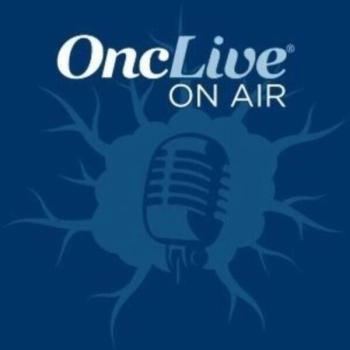
Drs Bekaii-Saab, George, and von Mehren discuss patient-reported outcomes from the INTRIGUE trial, the rationale for a phase 1/2 study investigating DCC-3116 in patients with RAS or RAF–mutated solid tumors, and how vimseltinib may alleviate unmet needs in the tenosynovial giant cell tumors population.

The combination of durvalumab and tremelimumab demonstrated positive progression-free survival and overall survival rates with expected toxicity data in patients with advanced or metastatic soft tissue and bone sarcomas.



